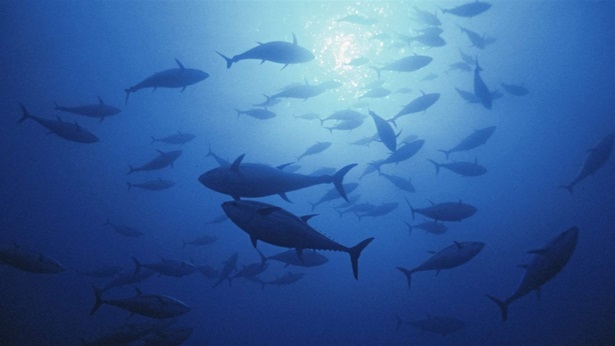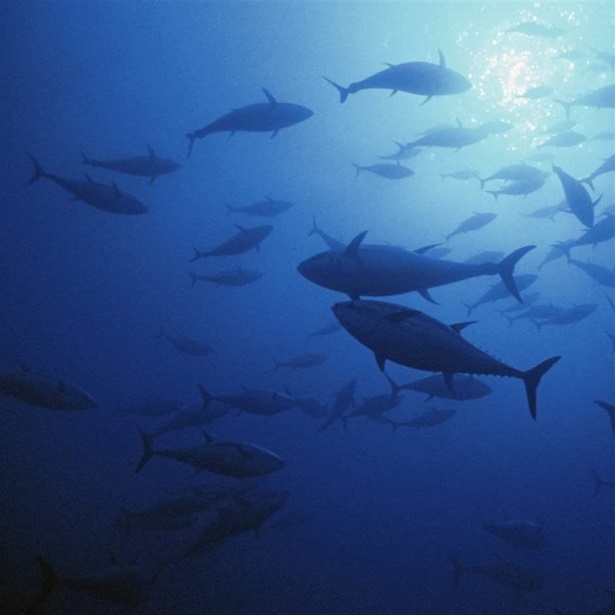Countries Must Adopt Ecosystem-Focused Management for Northeast Atlantic Fisheries
Failures show need for precautionary catch limits and sustainable strategy for mackerel, herring, and blue whiting
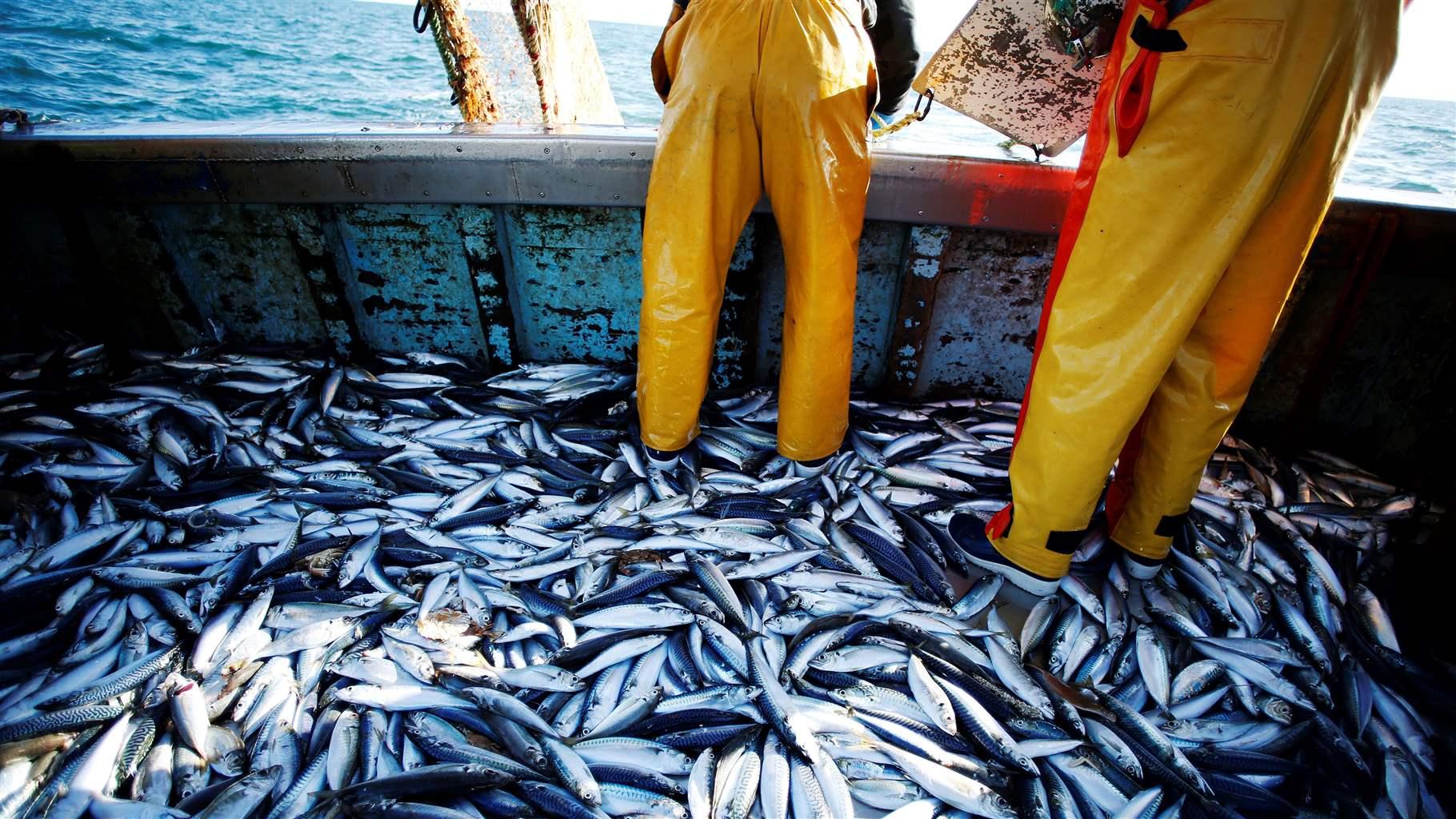
The Northeast Atlantic Ocean is home to large populations of several pelagic fish species, notably mackerel, herring, and blue whiting. These fish are caught by the fleets of the European Union, Faroe Islands, Greenland, Iceland, Norway, Russia and United Kingdom—in these countries’ waters or in the international waters between and around them. These species are economically important for the fishing industry and coastal communities, and play crucial roles in the region’s ecosystem as key prey for species ranging from sharks to seabirds and whales.
But for more than 25 years, management of these species has been hampered by disputes among coastal states, mostly over how catch is divided. Every year, the coastal states determine the total allowable catch (TAC) for these commercially important species, and almost every year some or all of the countries involved then unilaterally decide their shares of that TAC —which results in an overall total catch that goes beyond the scientifically advised limit, and often beyond what is sustainable in the long term.
The case of mackerel is useful to understanding the consequences of such disputes. This year, the European Union, United Kingdom, Norway, Iceland, Faroe Islands, and Greenland—the six coastal states managing the mackerel fisheries—were supposed to discuss and agree on a new, long-term management strategy that would ensure the sustainability of the stock. Instead, they are once again at odds over how the agreed TAC should be shared, with some parties having unilaterally increased their shares early this year, provoking strong reactions from the other parties, with the controversy then preventing the discussion on a management strategy from even beginning. Adoption of a management strategy would help unblock this issue by allowing for more efficient adoption of TACs moving forward and, in doing so, leaving more time at meetings for discussion of difficult issues such as allocation.
This is problematic. These governments have agreed—through various commitments—to work to adopt precautionary fisheries management strategies in line with the internationally agreed objectives of fishing sustainably to maintain or restore fish populations. These coastal states should also be taking steps to implement an ecosystem-based approach to fisheries management. In particular, they should be doing all they can to ensure that the mackerel population is healthy and resilient to the increasing climate-driven changes in the Northeast Atlantic and the Arctic, and that the species can maintain its key role in the ecosystem.
Adopting and sticking to this approach is all the more urgent as scientists have highlighted mackerel’s changing spatial distribution as a potential example of climate-driven shifts. Managers should draw on the best available science from the International Council for the Exploration of the Sea (ICES) to address these challenges by requesting that ICES factor more precautionary ecosystem and climate considerations into its advice on the management for this species, and by making use of the new ICES approach on ecosystem services and effects to explore the role that mackerel play in the region’s ecosystem—for example, in marine food webs.
So far, these coastal states are collectively failing in their international fisheries governance duties. The market has reacted strongly to this failure on mackerel—and on similar ones regarding herring and blue whiting—including through the suspension of Marine Stewardship Council certification for the three stocks, and the 2020 creation of the North Atlantic Pelagic Advocacy Group, a consortium of retailers and supply-chain businesses that aim to improve fisheries management in the region.
Coastal state leaders should also be held accountable for their prior commitments on fisheries sustainability. Many of these governments have made powerful statements recently on the global stage about their ocean leadership. For example, Norway announced its high-level global initiative on sustainable fishing, the U.K. pledged to be a global leader in biodiversity and ocean conservation, and the EU released its International Ocean Governance agenda. It is thus inconsistent that these leaders cannot resolve among themselves such a self-contained governance issue as TAC and catch shares. Unfortunately, limited transparency in decision-making—and limiting participation from stakeholders in the coastal states’ process—makes it even easier for these governments to prioritize short-term political gains over long-term sustainability.
The next coastal states’ meetings later this month must be the moment to solve issues on shares, or at a minimum to put them momentarily aside and concentrate on the long-term sustainability of the mackerel, herring, and blue whiting populations and their role in the Northeast Atlantic ecosystem. Instead of waiting for these stocks to decline to the point where they would be at high risk of collapse to finally find an agreement, coastal states must seize the occasion of the post-Brexit new configuration, with the U.K. as a newly independent player, to push “reset” on their disputes. Agreement on long-term management plans that follow an ecosystem-focused approach is what will put these stocks on a sustainable trajectory for the decades to come.
Jean-Christophe Vandevelde is a manager and Ashley Wilson is an officer with The Pew Charitable Trusts’ international fisheries project.


America’s Overdose Crisis
Sign up for our five-email course explaining the overdose crisis in America, the state of treatment access, and ways to improve care
Sign up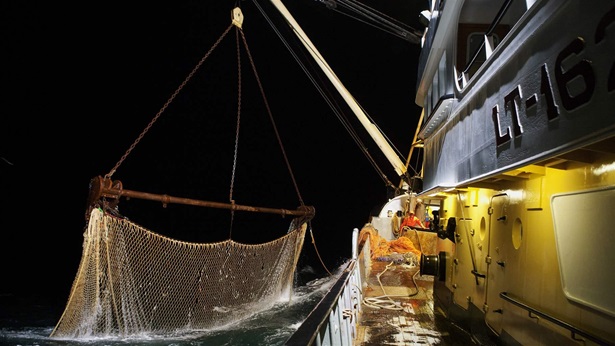
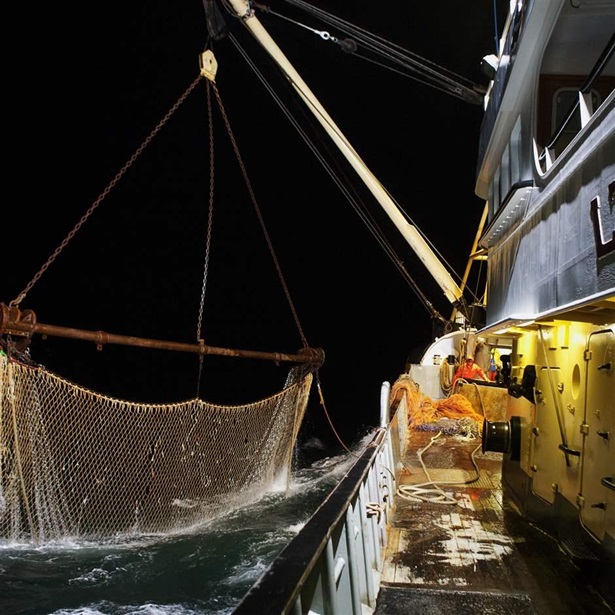
To Modernize Fisheries Management, Communication Is Key
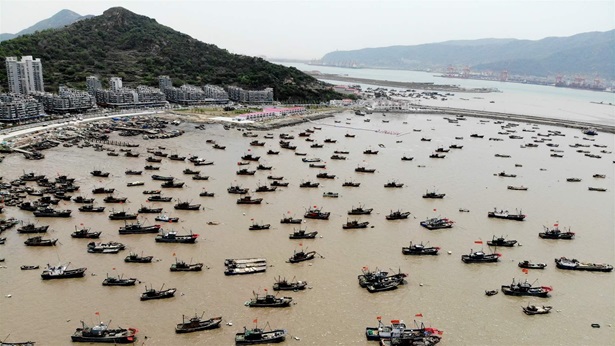
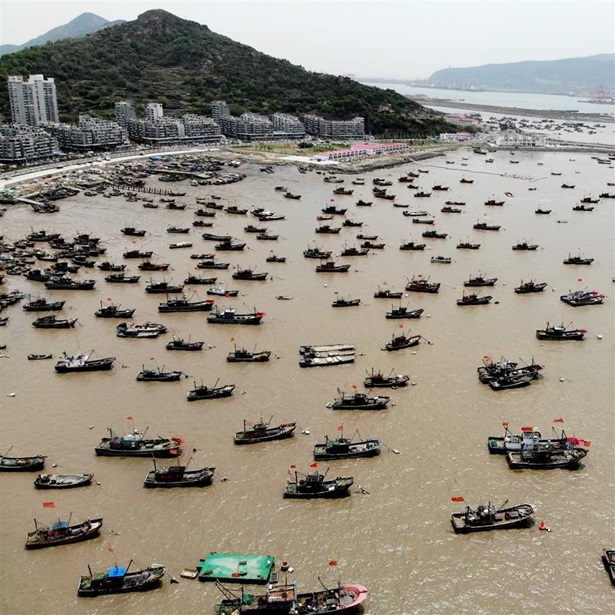
Better Tracking of Vessel Ownership is Needed
